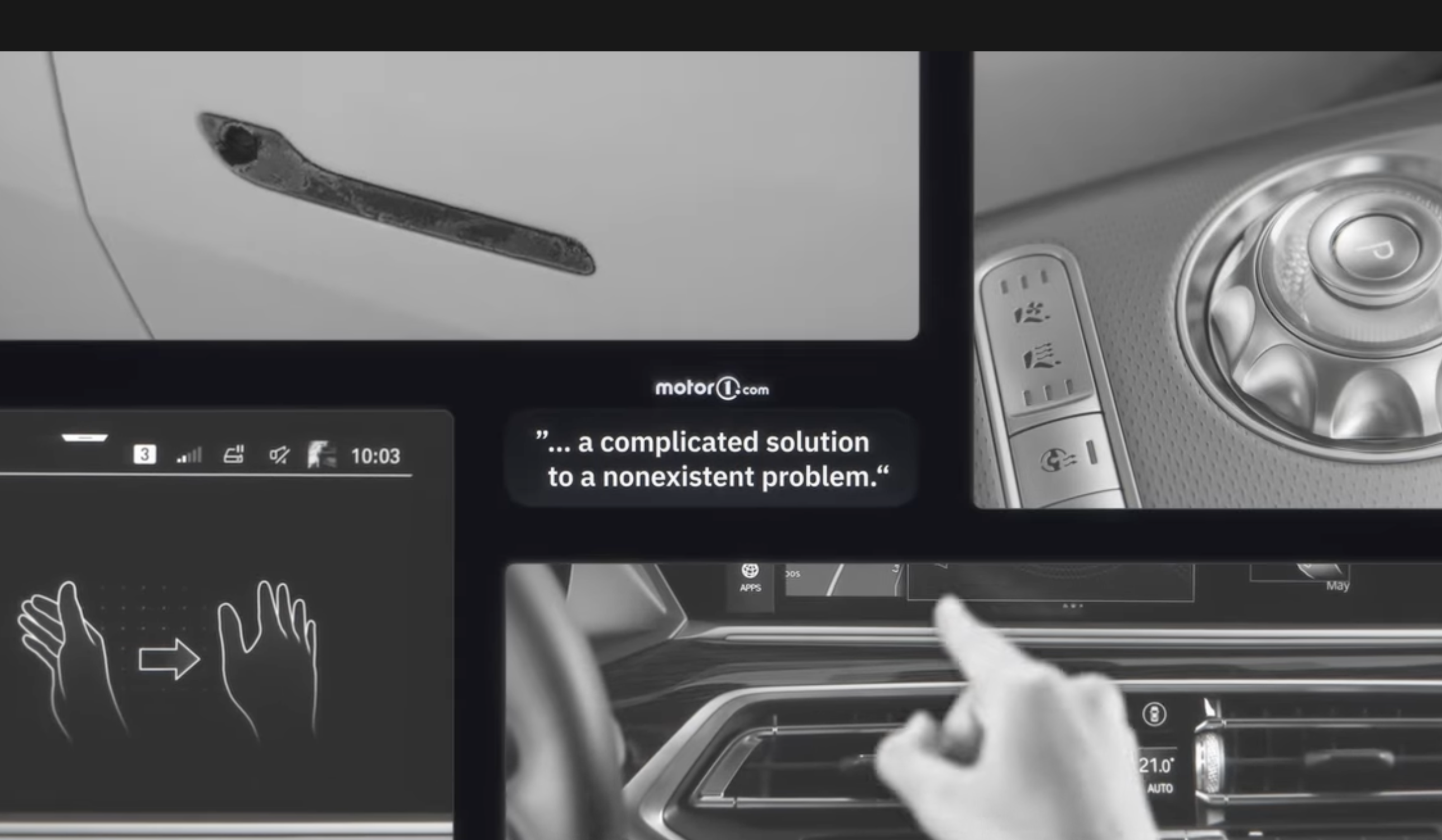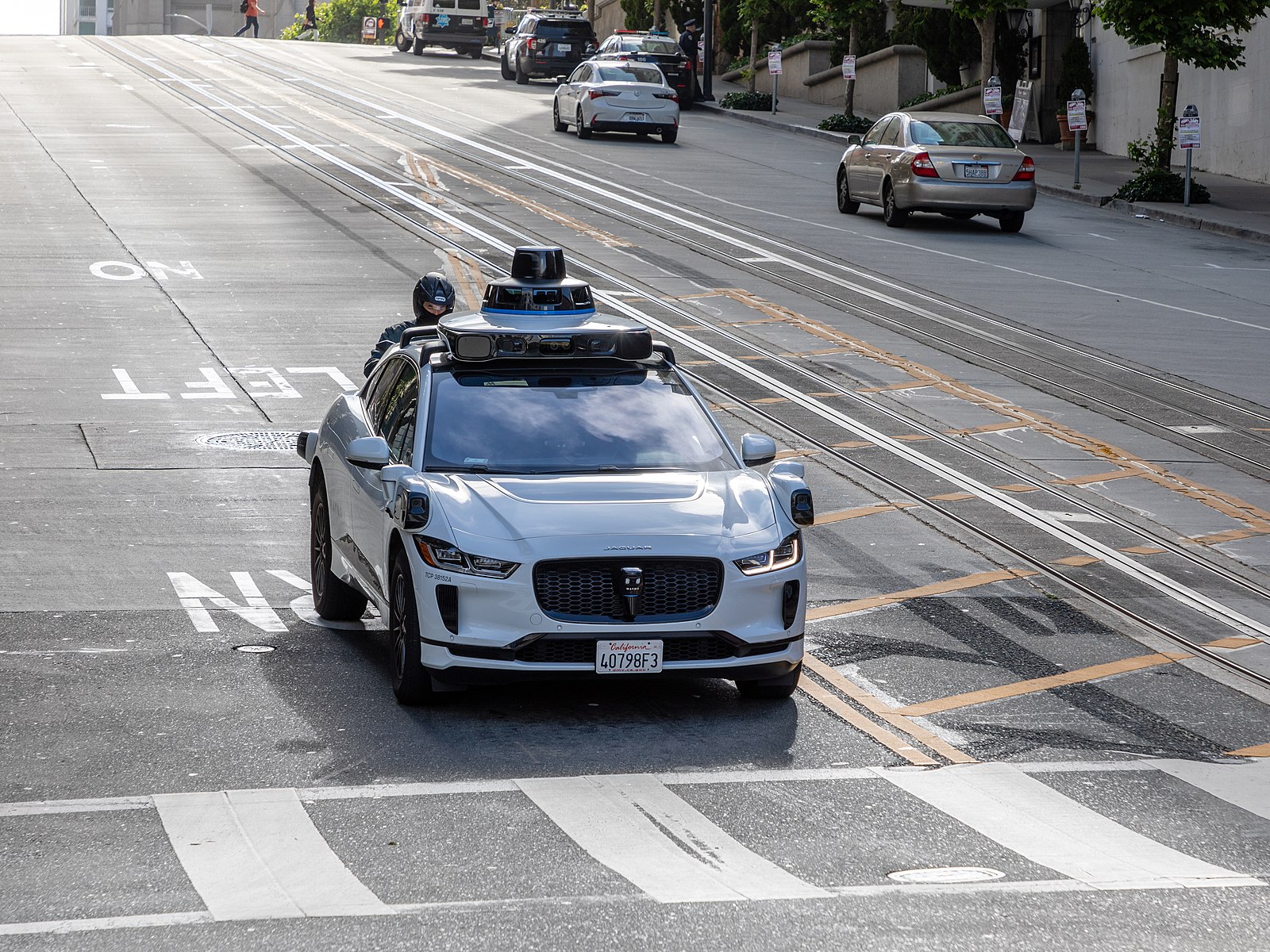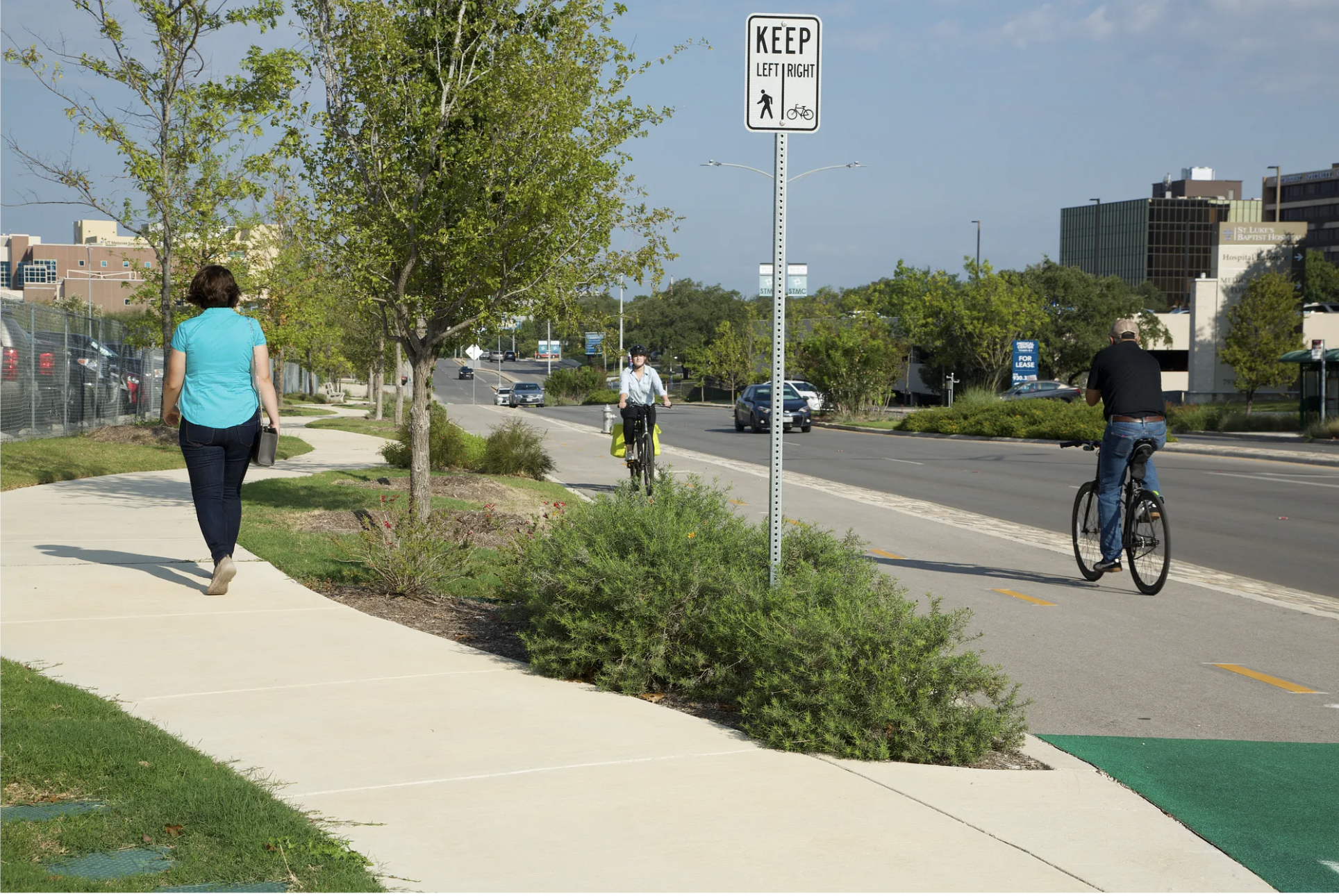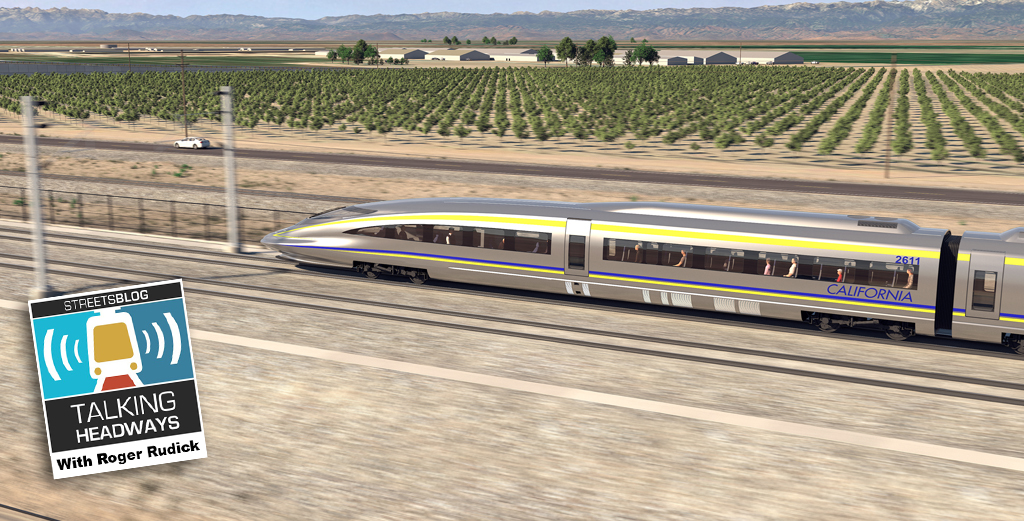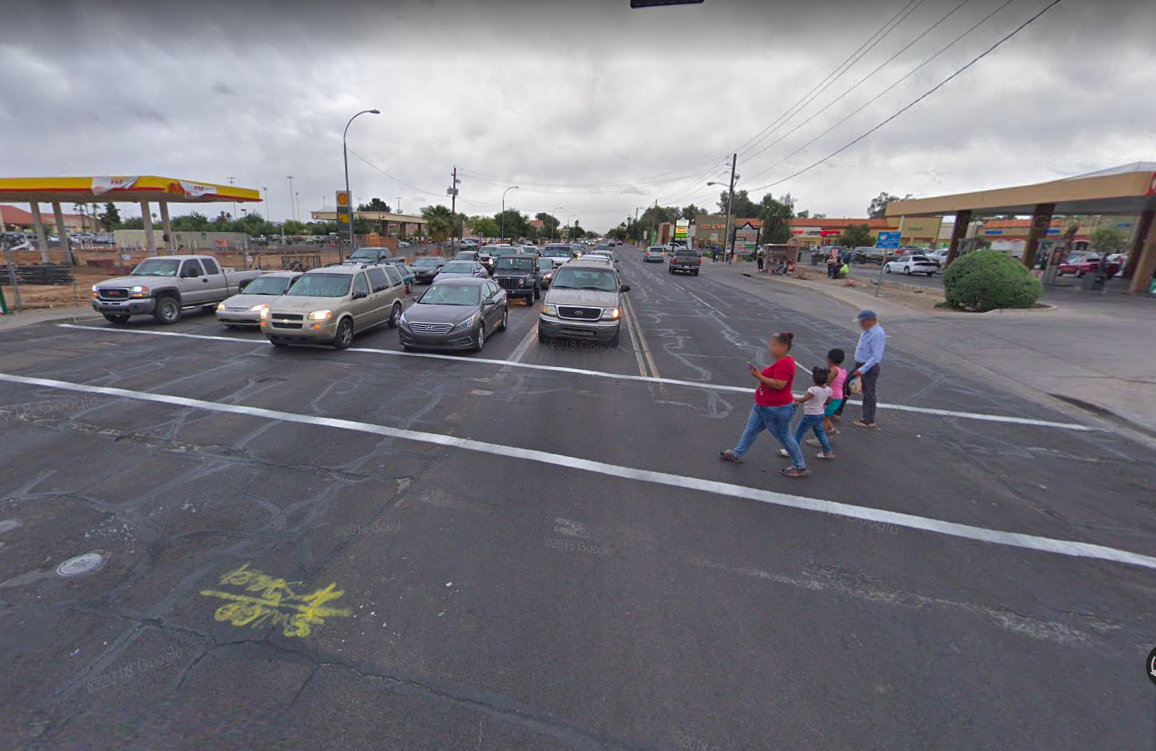As the Obama administration today faced new criticism of its methods for tracking jobs created or saved by the $787 billion stimulus law, a bipartisan quartet of mayors was weighing in at the Brookings Institution about the recovery effort's impact on their local economies.
 As budget cuts hit Florida's Tri-Rail line, shown here, the state legislature was using federal stimulus money to balance its budget. (Photo: Nat'l Corridors Initiative)
As budget cuts hit Florida's Tri-Rail line, shown here, the state legislature was using federal stimulus money to balance its budget. (Photo: Nat'l Corridors Initiative)The mayors' verdict: Directing stimulus money through state capitals has left cities with the short end of the stick.
"Cities are not getting their proportional share" of stimulus money, said Scott Smith, the GOP mayor of Mesa, Arizona.
Federal recovery aid has helped "on the fringes" of Mesa's budget, Smith explained, but most funding hasn't been able to blunt the near-term effects of the local budget crunch.
In other words, he said, Washington aid could help build a new firehouse but was less likely to hire any workers to fill it.
Despite a push from urban mayors to send direct stimulus money to cities, the states ended up controlling the distribution of the federal recovery funds. That allowed state legislatures to "take a lot of" Obama administration money to fulfill their legal mandates for balanced budgets, according to Elaine Walker, the Democratic mayor of Bowling Green, Kentucky.
State officials "siphon off a portion" of federal stimulus money to pay for their administration costs, Walker lamented today, even as they "don't want to allow [city leaders] the option of increasing our revenue streams because that may be construed as raising taxes."
The perils of directing federal aid through state capitals are especially palpable on the transportation front, where state DOTs are apt to push projects that have no local support and take a negative approach to safety. But the mayors' observations went beyond infrastructure and spoke to the overall effectiveness of the massive recovery law, which may well determine the legacy of President Obama's first years in office.
Philadelphia Mayor Michael Nutter said his city has received only $14 million of its $157 million in "awarded" stimulus money. Nutter added that he suspects, "quietly, some of the federal officials would admit that running the bulk of the [stimulus] money through the states" was a bad call.
"You want to put people to work? Build something in cities," he added, sneaking in a Palin-themed jab: "Every bridge in the state of Pennsylvania goes somewhere."
